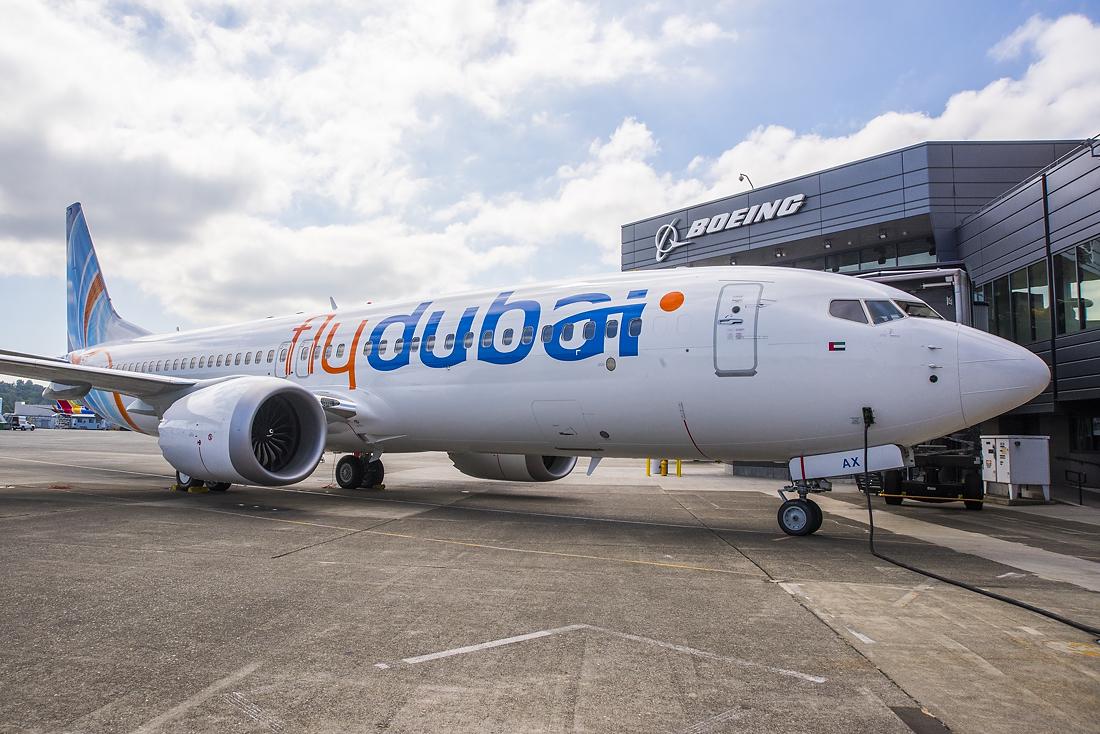
Credit: Flydubai
Boeing’s fifth straight month of positive net orders and several delivery-data bright spots were offset by flydubai’s cancellation of 65 737 MAXs and news of more 787 production-quality issues, the company’s June commercial program activities update shows. The company booked 219 gross orders...
Subscription Required
This content requires a subscription to one of the Aviation Week Intelligence Network (AWIN) bundles.
Schedule a demo today to find out how you can access this content and similar content related to your area of the global aviation industry.
Already an AWIN subscriber? Login
Did you know? Aviation Week has won top honors multiple times in the Jesse H. Neal National Business Journalism Awards, the business-to-business media equivalent of the Pulitzer Prizes.

